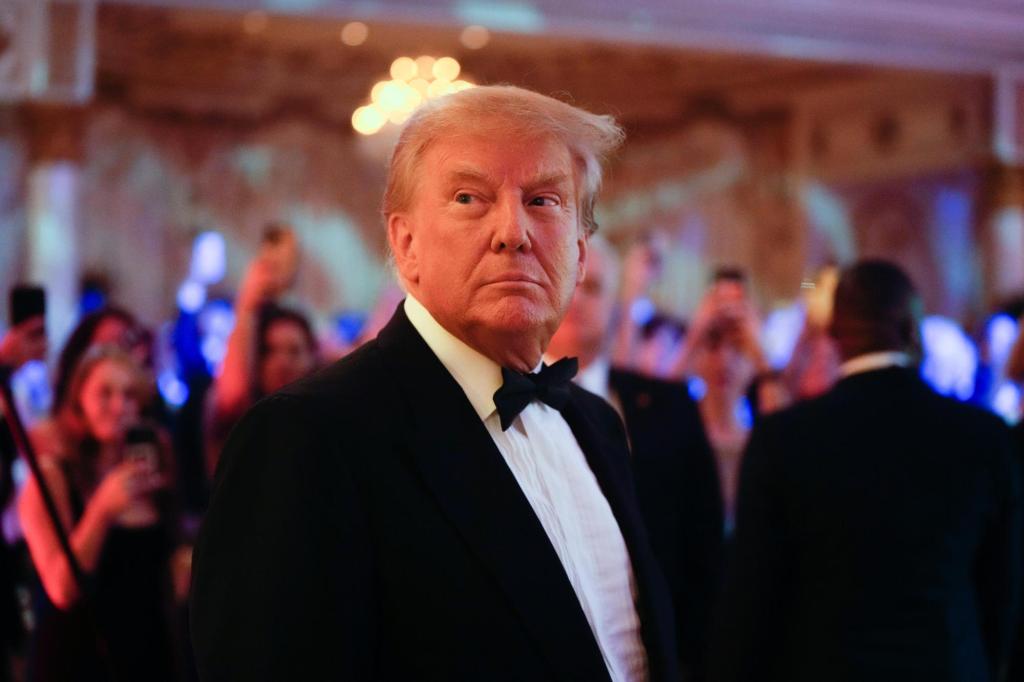
On Wednesday, the Court of International Trade ruled that President Donald Trump exceeded his authority under the International Emergency Economic Powers Act of 1977 to impose taxes on goods around the world.
The 1977 law empowers the president to “deal with any unusual and extraordinary threat . . . to the national security, foreign policy, or economy of the United States.”
As noted by National Review, “Before the Trump administration, the IEEPA had never been used to authorize tariffs through presidential action. The IEEPA allows the president to take emergency action on foreign threats to the U.S., including sanctions and asset freezes, but says nothing on tariffs specifically.”
The Trump administration has relied upon this 1977 to justify itself. But as the Liberty Justice Center, which challenged the administration in court, explained, “the administration’s justification— a trade deficit in goods—is neither an emergency nor an unusual or extraordinary threat. Trade deficits have existed for decades, and do not constitute a national emergency or threat to security. Moreover, the administration imposed tariffs even on countries with which the U.S. does not have a trade deficit, further undermining the administration’s justification.”
Unsurprisingly, given the bounds of the law and the twisted reasoning of the Trump administration, the court ruled against the administration.
“The question in the two cases before the court is whether the International Emergency Economic Powers Act of 1977 (‘IEEPA’) delegates these powers to the President in the form of authority to impose unlimited tariffs on goods from nearly every country in the world. The court does not read IEEPA to confer such unbounded authority and sets aside the challenged tariffs imposed thereunder,” the court ruled.
The following day, a federal appeals court put the Court of International Trade’s ruling on temporary hold pending ongoing litigation. That same day, another federal court found that “the International Economic Emergency Powers Act does not authorize the President to impose the tariffs set forth” through the multiple executive orders Trump has issued.
The Trump administration, for its part, has tried to hide behind populist rhetoric to justify its abusive behavior.
“Three judges of the U.S. Court of International Trade disagreed and brazenly abused their judicial power to usurp the authority of President Trump to stop him from carrying out the mandate that the American people gave him,” White House press secretary Karoline Leavitt said.
That might fly with Trump’s ardent supporters, but imagine if Biden press secretary Karine Jean-Pierre said the same about one of President Biden’s various executive overreaches, including his attempts to magically wave away student debt.
We have a process for doing things in this country for a reason. If Biden wanted to eliminate student debt, he could have done so through Congress. If Trump wants these tax hikes so bad, he can try to do so through Congress. In the case of tariffs, this is even more salient since the Constitution explicitly gives Congress the power to regulate trade.
Meanwhile, his tax hikes are doing real harm and threaten to do even more harm. According to the nonprofit Tax Foundation, “the imposed tariffs would reduce market income by 1.1 percent in 2026 (0.9 percent from the IEEPA tariffs and 0.3 percent from the other tariffs, totals don’t sum due to rounding) and amount to an average tax increase per US household of $1,155 in 2025 and $1,397 in 2026.”
It is a scandal that congressional Republicans, who talk a good game about tax cuts and being pro-business, have largely stayed silent about all of this.



